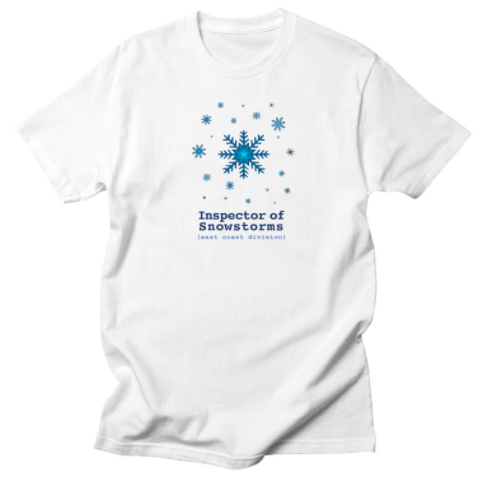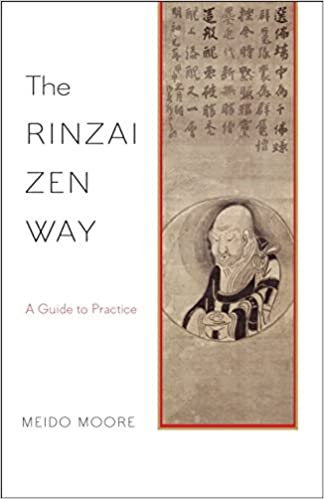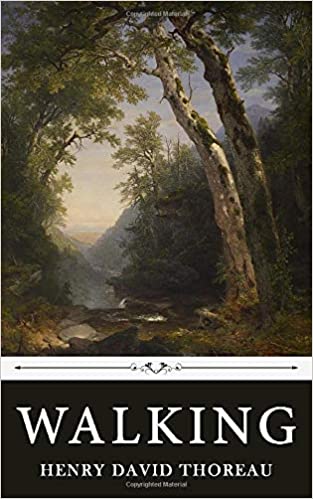Many centuries ago, zen monks of the Rinzai school disavowed the notion of man’s superiority to animals, plants, water, fire, or even the earth itself. These monks spent years communing with nature, never seeing another person as they retreated to the mountainous caves to meditate. They reached out their hands to the universe and became one with it. Their meditative skills equipped them with the skills to handle both the isolation and the elements in good health.
Later, 19th Century naturalist Henry Thoreau wrote of his fondness for solitude, wandering alone through the forests, beaches and back roads of Massachusetts. In fact, he gave himself a position which demanded he strike out from his one-room cabin no matter what the weather. “For many years I was self-appointed inspector of snow-storms and rain-storms, and did my duty faithfully…”
Today, we find ourselves in the crux of winter, amidst a pandemic, with more snow forecast in the coming days. What would Henry do? He’d bundle up, head outside and lose himself in the day. Not content to simply traipse through the cold, he would pause to listen to a storm and it’s special characteristics. He’d look closely at the snowflake, marveling at the amazing symmetry of each hexagonal formation. He might measure the accumulation. (And if he had a smartphone, he might take some pictures.
 So the next time you see the flakes start to fall, why not go inspect them yourself. And while you’re at it, don’t forget to cozy up to a tree and offer your hand. Give a plant a warm greeting. Say hello to a small pile of dirt, or a nice fat rock, or a bird that has seen fit to remain near rather than flying south. All of a sudden, you have an infinite number of new friends* who remain constantly by your side, in “good” weather and “bad.”
So the next time you see the flakes start to fall, why not go inspect them yourself. And while you’re at it, don’t forget to cozy up to a tree and offer your hand. Give a plant a warm greeting. Say hello to a small pile of dirt, or a nice fat rock, or a bird that has seen fit to remain near rather than flying south. All of a sudden, you have an infinite number of new friends* who remain constantly by your side, in “good” weather and “bad.”
*But take care with the snakes, you never know if they are poisonous.



